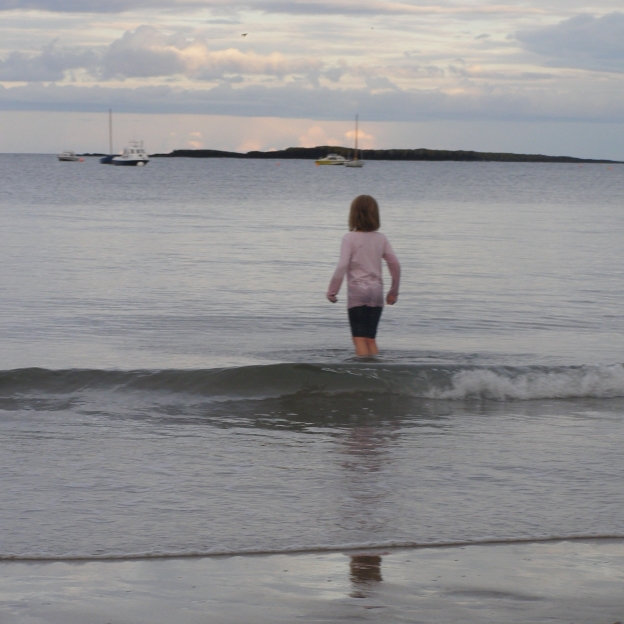I’ve never been an acute political analyst or social commentator. But there was a time when I was reasonably aware of what was going on in the world and had a half-formed opinion about some of it. I’ve been concerned, then, in recent years to notice that my preaching and writing has featured fewer global references and addressed less social issues than it once did. I have wondered whether my theologising is gradually coming adrift from its essential bedrock of life-in-God’s-world: perhaps I’m slowly disappearing into my own head? For someone who has always held that belief is inseparable from action this is worrying.
So what have I been on about for the past few years? Well, for a while I pondered birth, doubt, perfectionism and risk. Then I reflected on change, equilibrium, loss, fragility and mending. Followed by busyness, depression, calling, mid-life and happiness. And there’s been an interweaving thread that binds these themes together: the belief that we can discover the divine in the weft and warp of every aspect of the world and our lived experience: there is nowhere that God is not, and in the end it’s all connected.
There are themes that insistently draw me back and I was reminded of one of them by a wonderful sermon (someone else’s!) preached for a baptism on All Saints’ Sunday, just a couple of days ago. We were told that our vocation is always, from the beginning to the end of our lives, to be as fully as possible our unique selves. No-one else, as I have often said and written, has the same gifts, relationships, circumstances, foibles, passions and opportunities as we do. No-one else can reflect the light and character of God in the world in quite the same way as we can. Insofar as we are driven by envy or misadventure or a mistaken sense of not-being-good-enough to try to live someone else’s life, the world misses out, irretrievably, on our singular contribution.
So if my writing and speaking have taken a different direction in recent years that’s because my words come from the soil of my own life, which has changed. There’s no other way that I can communicate with passion and authenticity. Our context – or what I’ve come to think of as our hinterland – shapes our message and what it is that God needs us to bring to the party. Where we live, who we love, how we spend our time: these things will evolve, shift, ebb and flow with the unfolding of our days. Our life today is not less real, less significant or less sacred than it was last month or last year. It might feel unfamiliar, but it holds just as much holiness and potential if we can embrace it, nurture it, pick over its possibilities and begin to live it differently to the full.




